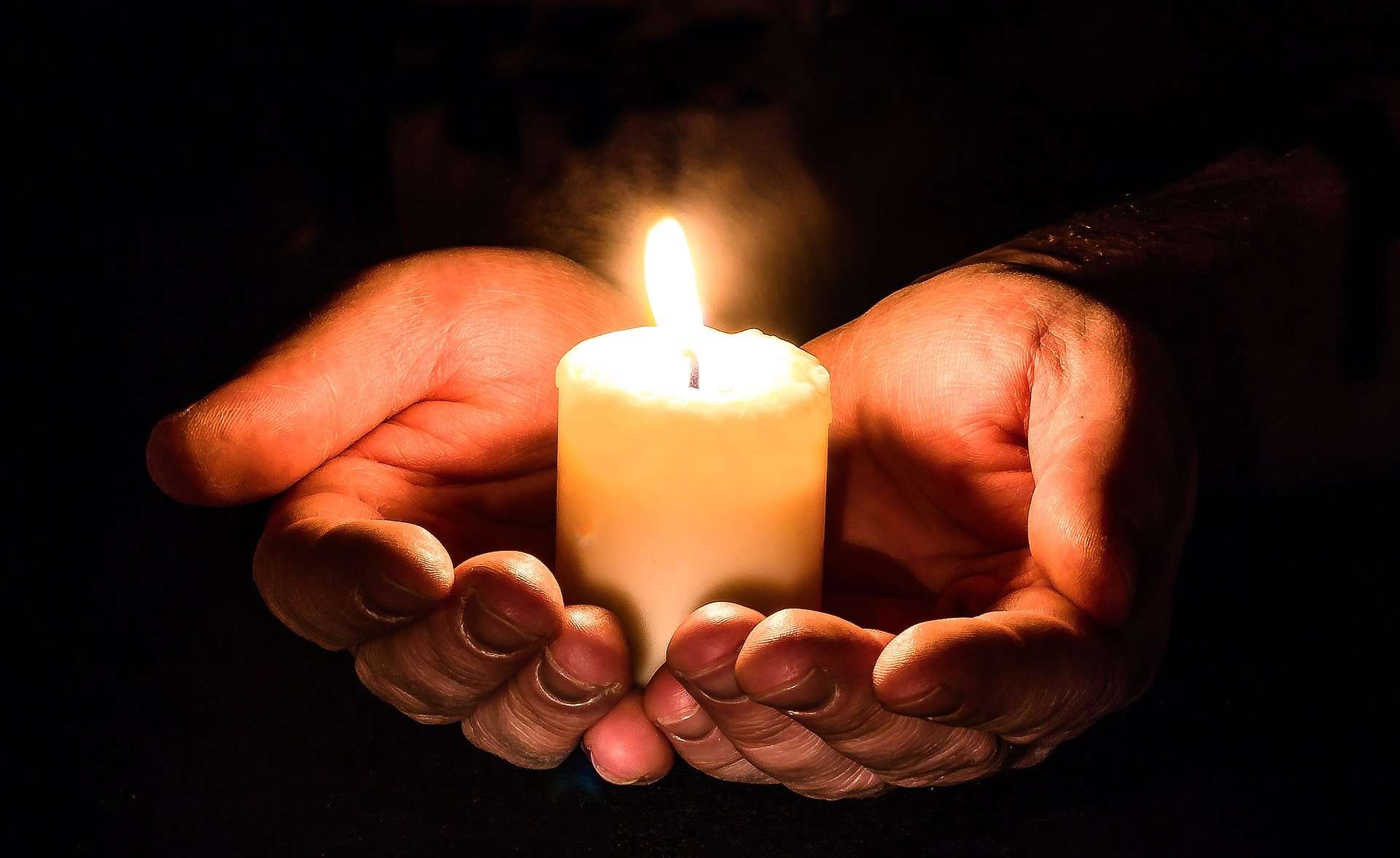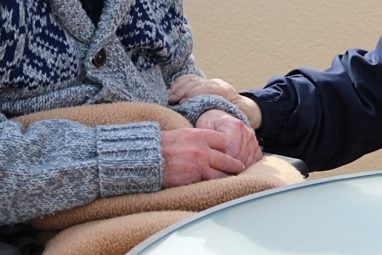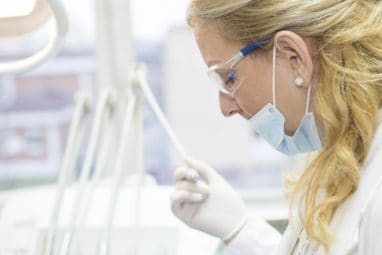
Tips For Giving During COVID-19
During this time of economic uncertainty charities are looking for ways to continue their efforts in finding ways to help people. You may be doing everything to help stop the spread of COVID-19 but there are even more ways to help the individuals that need it most:
The CARES Act
The $2.2 Trillion dollar stimulus package signed on March 27th was apart of the U.S. government’s response to the Coronavirus. In addition to helping individuals receive funds to pay the bills in the coming weeks the bill also provides additional tax benefits for donating to non-profits.
In the year 2020 individuals can now deduct 100% of their adjusted gross income vs. only being able to deduct up to 60% in previous years. This only applies to cash donations for 2020 but if you are able to help a non-profit during this global pandemic every dollar counts.
How You Can Help Support Medical Facilities And Their Workers
Providing safe equipment, supporting clinics, giving to medical workers on the frontline, and financing vaccine development are all ways you can help combat Covid-19.
Medical workers are in desperate need of protective equipment like hand sanitizer, disposable gloves, N95 respirator masks, goggles, and disinfectant wipes. Any surplus of these items could go to the hospitals that need them most.
You can help our by donating your excess medical supplies through MedSupplyDrive. You can check out what supplies hospitals specifically need here.
You can even help sew face masks for areas where there are none. They can’t be used in hospitals but they can be helpful in vulnerable communities where protective medical gear is completely gone. Find more information on facemasks on the CDC site here.
Food Banks Need Donations Now More Than Ever

Donating food gives you a tax deduction of 25% vs 15% for 2020. Due to the instability of food production the incentives to donate food have never been higher. Individuals with excess food can give 25% of their AGI to food shelters to deduct 25% of their income taxes. $1 usually gives around 2-5 meals depending on which food bank you are donating.
Food banks take non-perishable foods like canned food and dry food like pasta, grains, and dried beans. Please reach out to your local food bank to find out if there are any stipulations to what foods you can donate.
Click here to find your local food pantry to help.
Help Those That Can’t Afford The Hospital Bill
Medical bills are piling up around the nation and for those with limited or no insurance there can be a significant bill at the end of COVID-19 treatment.
- Non-profits like Health Well are helping people with insurance premiums, deductibles, co-pays, and more during this trying time.
- Global Giving also helps with struggling individuals in quarantine zones that need essential medical supplies and meals.
Benefit Your Community
Going to the grocery store may not be a problem for those in the low-risk category but for elderly people and immune-compromised people that trip can be out of the question. You can help your high risk neighbors by calling, reaching out via video, or just sending a message through text.
- People that are in the high risk category need people to deliver groceries and other essential supplies every day so talking to your neighbors and relatives to see what they need is a big help. Arrange a pick up spot and make bigger deliveries less frequently to avoid the spread of the virus.
- Help high risk people get to the doctor by sanitizing your car and sitting at a safe distance you can even fill their prescriptions with their permission.
- For essential workers the need for babysitting and child care is high. You can help run errands and be flexible with watching their kids for an hour or so when daycare just isn’t an option.
During this unprecedented time we can all help our neighbors and communities stay safe and healthy with the proper amount of communication and determination.
Elder Care & Other Vulnerable Communities

- No family or friends in a nursing home or care facility? Love For The Elderly is an organization that sends elderly people letters and gifts to help them feel connected to the communities around them. You can also send your own little gifts and letters to a local nursing home, just make sure to check with the home’s protocols.
- You can also help the elderly with essential medicine, food, and utilities through NCOA (The National Council on Aging).
- Meals on Wheels provides meals, safety checks, and visitations to over 5,000 communities and is an essential program during the coronavirus. For many elderly, homeless, and high risk people, this is their only food source so donating now means more than ever.
- Social visits, psych reports and even hygiene kits are being provided by Humanity & Inclusion, an international non-profit that sends COVID-19 response teams to people in vulnerable communities and those with disabilities. You can help fight for the rights of people with developmental and intellectual disabilities through the Arc Foundation.
- The homeless community is being heavily affected by COVID-19. The Coalition for the Homeless provides people with meals and housing when social distancing and other quarantine guidelines are hard to follow. When a crisis happens we tend to overlook communities that are not directly related to that crisis. The human rights non-profit, Covenant House, needs help protecting at risk homeless youth that are especially vulnerable during this time.
- The Salvation Army has been working to create a response to COVID-19 to help provide food, clean shelter, and other utilities for the homeless community and other high risk people. Visit their website to see how you can donate or volunteer to help combat this virus on the front line.
Donate Blood

To help give blood when your community needs it most you can find local blood drives at Blood Centers of America, American Red Cross, and America’s Blood Centers.
How You Can Volunteer Remotely
Volunteering remotely has become the go to way to help out during the Coronavirus pandemic and there are more opportunities than you may realize to help out your fellow neighbor.
- Reach out to the elderly with your phone through the non-profit organization Alone. Alone is a check up service for the elderly. You call to check in at least two hours each week and there are even more ways to help on their website.
- For kids that need extra help in school or just need someone to talk to you can help out with the program iCouldbe. You can become an e-mentor by dedicating one hour a week when the student is in school. iCouldbe helps you talk to students that need help in school during the quarantine.
- Crisis center’s still need help during quarantine and there aren’t enough people consistently available. The Crisis Text Line is asking for a boost in e volunteering to the 7pm-3am shift. You won’t have to worry about being a trained professional when volunteering to help, there are training and easily accessible guidelines on how to answer all text situations for the people reaching out.
Donate Your Car To Benefit Your Local Make-A-Wish
During this difficult time it can be especially hard on children dealing with critical illnesses. You can help provide wishes for kids that have compromised immune systems just by donating a vehicle to Wheels For Wishes. Here’s how you can get started:
- First, give our representatives a call at 1-855-278-9474 or visit our easy online donation form.
- Next, we’ll reach out to you to arrange your fast tow within 24 hours of the next business day.
- Lastly, when your car donation is sold at auction, we’ll send your tax deductible receipt in the mail.
Since our founding in 2010, we have donated over $119 Million to local chapters of Make-A-Wish all over the U.S.! This has helped Make-A-Wish grant more than 14,114 wishes to local kids. Our mission is to ensure that more kids who have critical medical conditions can have a chance at a happy and fulfilling childhood. You help make that possible by donating your car!
Sources:
- https://www.cnet.com/how-to/how-to-help-restaurants-hospitals-people-during-the-coronavirus-outbreak/
- https://www.washingtonpost.com/nation/2020/03/21/how-you-can-help-during-coronavirus/?arc404=true
- https://www.fidelitycharitable.org/articles/three-ways-you-can-help-during-the-covid-19-pandemic.html
- https://www.fidelitycharitable.org/guidance/disaster-relief/how-to-help-novel-coronavirus.html
- https://www.forbes.com/sites/morgansimon/2020/04/08/now-is-a-great-time-to-give-new-charitable-rules-incentivize-generosity-during-covid-19/#279ae28b66d2
- https://www.medicalsupplydrive.com/
- https://docs.google.com/forms/d/1YSXn7vL6BaxqDXdiJkyYeJlsneW-ASFA7y7a3MUmQ_0/viewform?edit_requested=true
- https://www.deaconess.com/How-to-make-a-Face-Mask
- https://www.cdc.gov/coronavirus/2019-ncov/hcp/ppe-strategy/face-masks.html
- https://www.hi-us.org/en/covid-19
- https://ams.mealsonwheelsamerica.org/eweb/DynamicPage.aspx?WebCode=covid19donate&site=mowa&CampCode=COVID-19EmergencyResponseCamp&AplCode=2020ER-POP-UP-COVID-19&_ga=2.258966210.93024072.1584983673-1693236496.1584983673
- https://thearc.org/covid/
- https://www.ncoa.org/get-involved/give/
- https://www.coalitionforthehomeless.org/
- https://www.covenanthouse.org/
- https://www.salvationarmyusa.org/
- https://www.cnn.com/2020/03/14/us/blood-supply-food-banks-coronavirus-iyw-trnd/index.html
- https://www.redcross.org/
- https://americasblood.org/for-donors/find-a-blood-center/
- https://bca.coop/?mod=article_inline
- http://www.aabb.org/Pages/default.aspx?mod=article_inline








